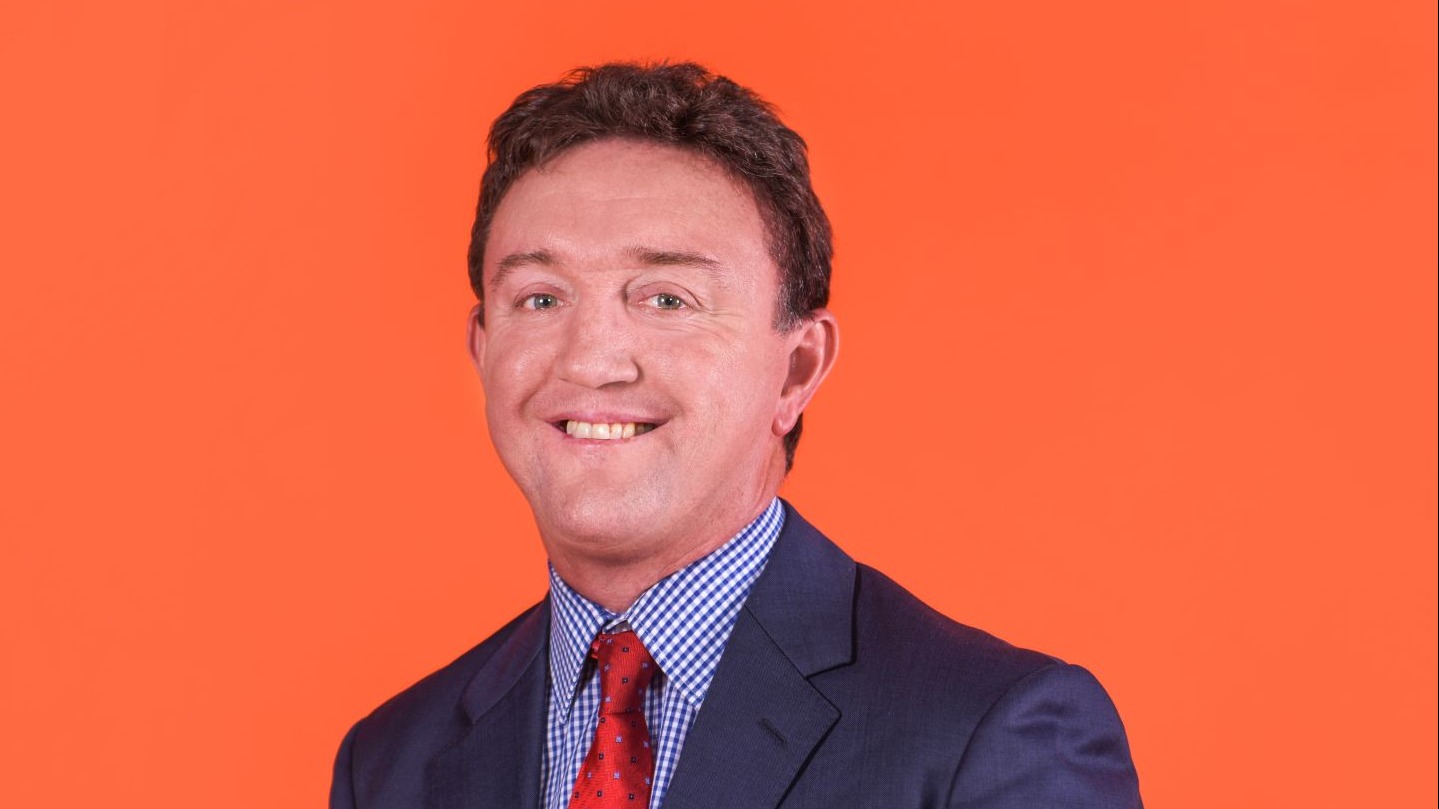Meet Dr Brad Merrick, Senior Lecturer in Music (Performance Teaching) at the Melbourne Conservatorium

Dr Brad Merrick is a passionate educator and performer who has been involved in music and performance teaching for many years. What does his life look like since he joined the University of Melbourne in 2019?
Hi Brad, you’re a Senior Lecturer in Performance Teaching at the Melbourne Conservatorium. What does that involve?
One of the things my role involves is course coordination of the Master of Music (Performance Teaching) course, where we look to develop the next generation of inspiring instrumental music teachers with the latest skills, knowledge and capacity related to teaching, performing, conducting and researching music. We want to prepare them to work in studios, schools and community settings, so they can make a difference to the musical journey of students locally, nationally and overseas.
What led you to your current role?
In Sydney, I was a professional performer, secondary school classroom teacher and instrumental teacher for many years, while also working at several universities. I’d also spent many years involved with music education advocacy, research and teaching. My move to Melbourne last year seemed a natural next step. My wife had accepted a job in Melbourne; the opportunity for me to work at the Conservatorium arose – I applied, and the rest is history.
You've been described in the past as a “passionate advocate for music learning in schools and quality teaching” – what does that mean?
I’ve always believed that music is nourishment for us all, and should be available for anyone, regardless of their location or background.
I’ve supported this in a number of ways for many years, including as the National President of ASME (Australian Society for Music Education) several years ago, and more recently as an invited member of the ISME Music In Schools and Teacher Education Commission. I’ve also been a standing member of ISME’s International Society for Music Education – World Advocacy Committee for the last two years, in which we look at ways to advocate for the importance of music in learning around the world. Australia will host the 2022 world music conference in Brisbane, which will be fantastic.
I’ve also been privileged to be involved with the development of learning for Indigenous students in schools. I feel strongly about all young having the opportunity to learn about and experience the wonder of making music, as there’s nothing better.
How can technology be harnessed in music education?
Technology should be a natural extension of all we do as musicians, in much the same way we use musical instruments – which is to say, as a means to express our feelings, create and perform music, while also allowing us to collaborate, share and learn from one another in ways that were previously unimaginable. Like a pencil or manuscript, technology should be a natural extension of our thinking, enabling us to realise new things all the time. We just need to ensure we always think about why we use it, so that students (and their teachers) have a clear purpose and can really harness its potential.
Can you tell us a bit about your background?
I grew up surrounded by music. My father played trombone, my mother taught music, and my older brother and I learned music together, initially brass instruments, and later guitar, then bass. I also spent much of my school life in choirs and bands, singing and playing some great repertoire.
I had a range of opportunities with great teachers and musician friends. At university, I continued playing and gigging, whether it was a jazz ensemble, a big band, a rock band or a classical performance. I enjoy live music whenever I can get to it. To me, performing is one of the greatest things to do. I’ve brought my collection of guitars to Melbourne and am looking forward to getting some more playing time in the future.
Is there a piece of advice or philosophy that has held you in good stead throughout your career?
While doing my PhD, I remember the advice: “Why use three sentences when you could just use one and really make your thinking clear?”. Another is the well-worn “actions speak louder than words”, which is how I try to approach much of my work at the Conservatorium. Another great bit of advice I heard as a performer was to always take at least one extra guitar, because when you don’t, a string always breaks. Lastly: remember to stop and take it all in, as you’re only here once.
Find out more about the Master of Music (Performance Teaching) at the University of Melbourne.